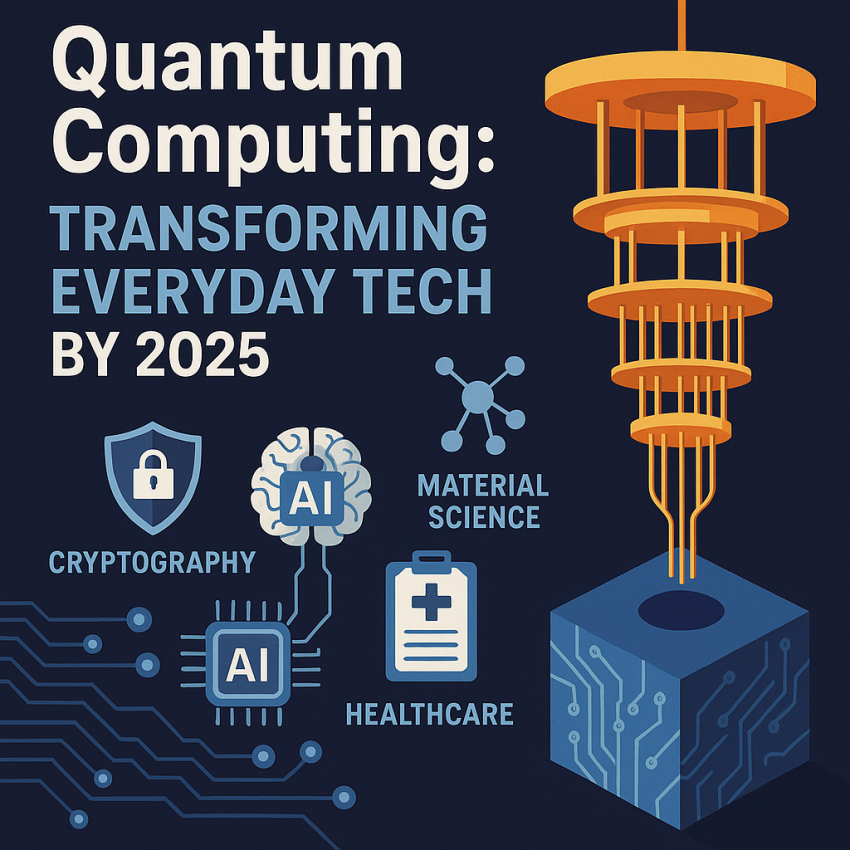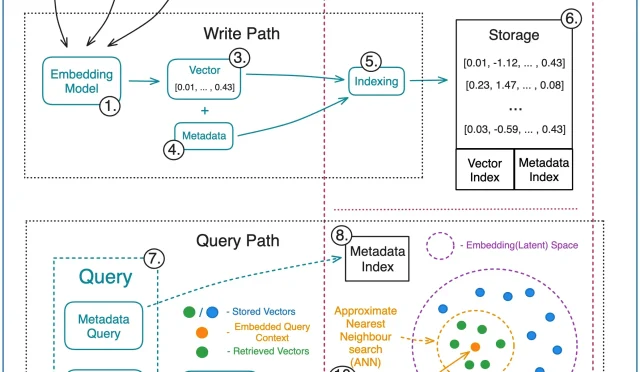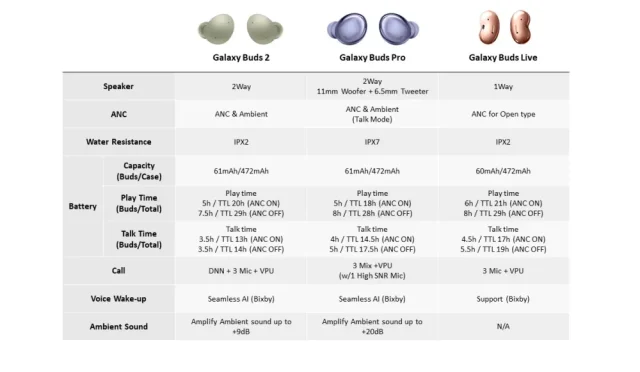Quantum Computing: Transforming Everyday Tech by 2025
Introduction to Quantum Computing
Quantum computing is a revolutionary area of technology that has the potential to completely change the way we process data and solve complex problems. Unlike classical computers, which rely on binary bits (0s and 1s), quantum computers use quantum bits (qubits) that can exist in multiple states simultaneously. This unique property of quantum computing enables it to solve certain problems much faster than traditional computers, making it one of the most exciting technological advancements in the 21st century. As we approach 2025, quantum computing is expected to have a significant impact on everyday technology, from cryptography to AI to material science.
How Quantum Computing Works
At its core, quantum computing harnesses the principles of quantum mechanics to perform computations. Quantum mechanics is the branch of physics that deals with the behavior of particles at the smallest scales, such as atoms and subatomic particles. While classical computers use bits to represent information, quantum computers use qubits, which can exist in multiple states (superposition) and be entangled with each other, enabling them to process information in parallel.
-
Superposition
In classical computing, a bit is either a 0 or a 1. However, a qubit can represent both 0 and 1 simultaneously, thanks to superposition. This allows quantum computers to perform multiple calculations at once, drastically improving computational efficiency. -
Entanglement
Another key concept in quantum computing is entanglement. When two qubits become entangled, the state of one qubit is directly tied to the state of the other, regardless of the distance between them. This enables quantum computers to perform complex calculations much faster than classical systems, as they can process multiple interconnected qubits in parallel.
Impact of Quantum Computing on Everyday Technology
While quantum computing is still in its early stages, its potential to revolutionize various industries is immense. In 2025, quantum computers are expected to play a key role in transforming a variety of fields, including cryptography, medicine, AI, and material science. Below, we explore some of the ways quantum computing will change everyday technology:
1. Quantum Computing and Cryptography
One of the most promising applications of quantum computing is in the field of cryptography. Current encryption methods, such as RSA encryption, rely on the difficulty of factoring large numbers to secure data. However, quantum computers have the potential to break these encryption methods much more efficiently than classical computers. This has led to the development of quantum-resistant encryption algorithms that are designed to withstand attacks from quantum computers.
As quantum computing becomes more advanced, we will likely see a shift toward quantum encryption technologies that are much more secure and resistant to hacking attempts. This could transform industries such as banking, healthcare, and government, where data security is of utmost importance.
2. Quantum Computing and Artificial Intelligence (AI)
AI is another area that will benefit greatly from quantum computing. Quantum computing can dramatically speed up machine learning algorithms by processing vast amounts of data simultaneously. In particular, quantum machine learning (QML) has the potential to revolutionize fields such as data analysis, image recognition, and natural language processing.
For example, quantum algorithms can help AI systems make more accurate predictions and decisions by analyzing data in ways that classical computers cannot. This could lead to advancements in autonomous systems, such as self-driving cars, as well as more efficient solutions in fields like healthcare, where AI can assist in diagnosing diseases or personalizing treatment plans.
3. Quantum Computing and Material Science
Another exciting application of quantum computing is in the field of material science. Quantum simulations can help scientists understand the behavior of atoms and molecules, enabling the design of new materials with unique properties. These materials could have applications in fields such as energy storage, semiconductors, and manufacturing.
For example, quantum computing could help scientists develop more efficient solar cells or batteries by simulating the behavior of materials at the atomic level. This could lead to breakthroughs in clean energy technologies, making renewable energy sources more efficient and sustainable.
4. Quantum Computing and Healthcare
In healthcare, quantum computing has the potential to revolutionize drug discovery and personalized medicine. By simulating complex molecular interactions, quantum computers can help researchers develop new drugs more quickly and accurately. Additionally, quantum computing can help optimize treatment plans for individual patients by analyzing genetic data and medical records.
5. Quantum Computing and Climate Change
As we face the challenges of climate change, quantum computing can play a significant role in finding solutions. Quantum simulations can help scientists model complex climate systems and predict the effects of different environmental policies. This could lead to better strategies for carbon capture, renewable energy, and sustainable agriculture, all of which are critical for mitigating the effects of climate change.
Challenges of Quantum Computing
While the potential benefits of quantum computing are immense, there are still significant challenges to overcome. One of the main obstacles is quantum decoherence, which occurs when a qubit loses its quantum state due to external factors, such as temperature or electromagnetic interference. This makes it difficult to maintain the stability of quantum systems over extended periods.
Additionally, building and maintaining quantum computers requires extremely precise equipment and conditions, making it a costly and time-consuming endeavor. As of 2025, researchers are still working to build scalable and reliable quantum computers that can be used in practical applications.
Conclusion
In 2025, quantum computing will begin to have a profound impact on everyday technology. From cryptography and AI to material science and healthcare, quantum computing has the potential to revolutionize industries and solve problems that were once thought to be unsolvable. While challenges remain, the continued development of quantum technologies will open up new possibilities for innovation and growth in the years to come.
#QuantumComputing #AIandQuantum #QuantumCryptography #MachineLearning #TechInnovation








